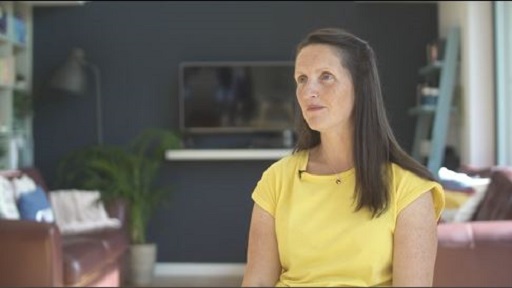Each child is unique
When a child is described as having complex needs, we are also referring to the complexity of support that adults need to provide. As outlined in Doran’s quote in Section 5.1, their complex medical needs do not refer to a diagnosis or condition. Children with complex needs will have very varied experiences and are unique, competent and active learners [Tip: hold Ctrl and click a link to open it in a new tab. (Hide tip)] whose potential needs to be encouraged and supported.
In Week 4 we heard about the importance of diagnosis and acknowledged the balance to strike between the usefulness of a diagnosis compared with how it might limit how we view a child. This can be even more challenging when a child has complex medical needs. It can sometimes feel that the child and all their personality is lost behind many medical labels. In this section we will look at the importance of providing appropriate support and the need to put medical information into perspective and focus on the whole child.
Watch this short film where Pamela, a parent, describes how she supported her daughter’s transition from home to nursery.

Transcript: Video 5.1 Transition from home to nursery
Imagine someone writing a description about you to someone else before you met them. Written information can be very useful but is no substitute for meeting the real person. Getting to know someone – whether it’s a child, a parent or another professional involved in a child’s care – requires listening skills that you will look at in the next section.
Defining complex additional support needs
